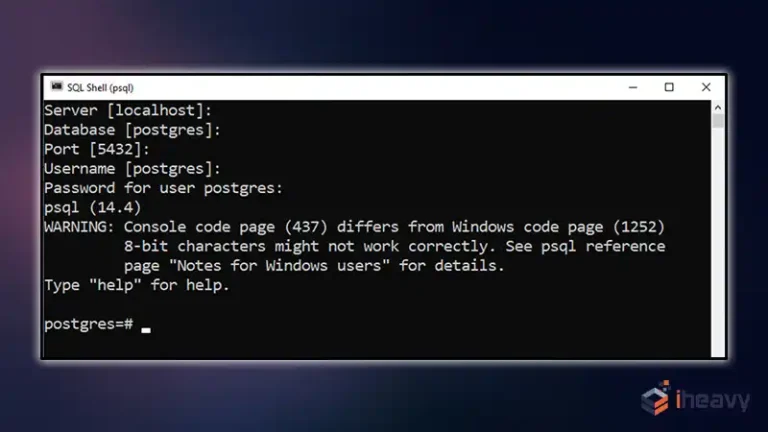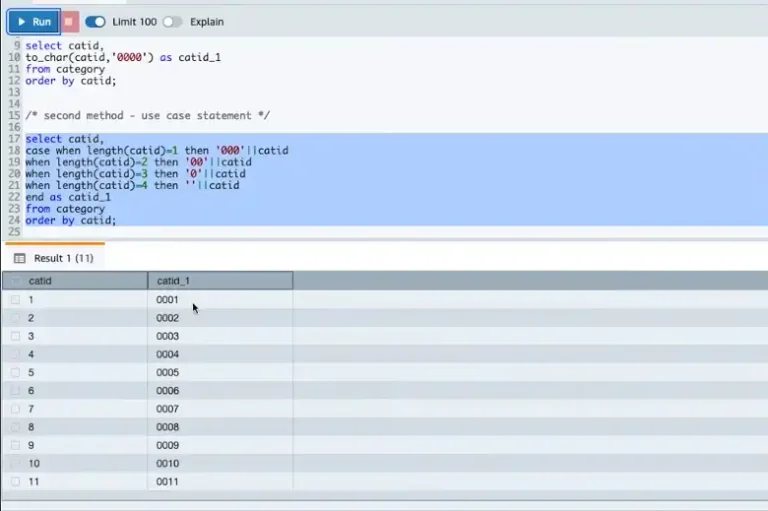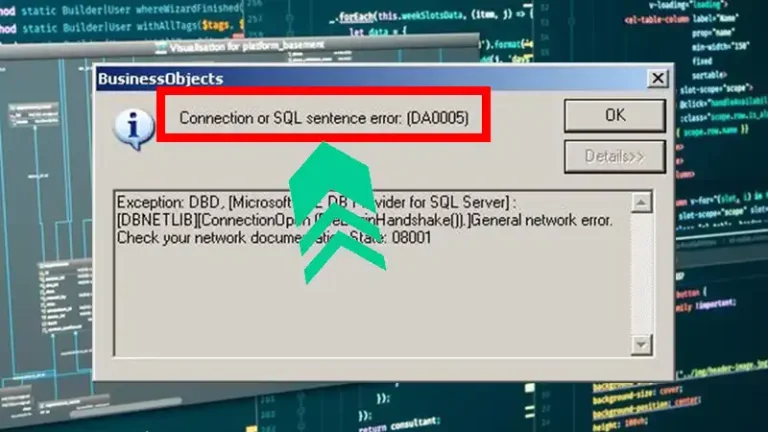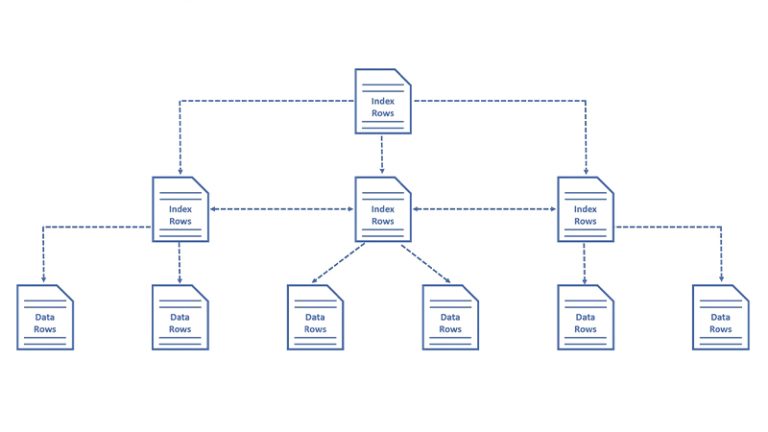The Impact of Java on Subsequent Programming Languages
Java, since its inception in the mid-1990s, has undeniably left an indelible mark on the landscape of programming languages. Its design principles, syntax, and innovative features have influenced countless languages developed since then. This article delves into the profound impact Java has had on the evolution of programming languages, exploring key areas where its influence is most evident.

Object-Oriented Paradigm
Java popularized the object-oriented programming (OOP) paradigm, emphasizing the creation of modular, reusable code components known as objects. This paradigm shift from procedural to object-oriented programming has been adopted by numerous languages that followed Java, including C#, Python, and Ruby.
By promoting concepts such as encapsulation, inheritance, and polymorphism, Java paved the way for the development of more robust, maintainable, and scalable software systems.

Platform Independence
One of Java’s defining features is its platform independence, achieved through the Java Virtual Machine (JVM). By compiling Java code into bytecode that can run on any device with a JVM, Java eliminated the need for developers to write separate code for different platforms.
This concept has been emulated by languages like Kotlin and Scala, which also target the JVM, as well as languages such as JavaScript with its runtime environments like Node.js, enabling developers to write code that can run seamlessly across diverse platforms.
Garbage Collection and Memory Management
Java’s automatic garbage collection mechanism relieved developers from the burden of manual memory management, significantly reducing the occurrence of memory-related errors such as memory leaks and segmentation faults.
This approach to memory management has been adopted by languages like C#, Python, and JavaScript, enhancing developer productivity and minimizing the likelihood of memory-related bugs.
Rich Standard Library
Java boasts a comprehensive standard library that provides developers with a vast array of pre-built classes and functions for common tasks such as file I/O, networking, and data manipulation. This rich standard library has influenced the design of subsequent languages like C# and Python, which also offer extensive libraries and frameworks for rapid application development.
By providing developers with a wide range of tools and utilities, Java set a precedent for languages to prioritize developer convenience and productivity.
Multi-threading and Concurrency
Java’s built-in support for multi-threading and concurrency paved the way for the development of scalable, high-performance applications capable of handling concurrent tasks efficiently. This concurrency model, based on threads and synchronized blocks, has been replicated in languages like C# and Python, albeit with variations and improvements such as async/await syntax and concurrency libraries.
Java’s approach to concurrency has inspired languages to prioritize parallelism and responsiveness in modern software systems.
Strong Community and Ecosystem
Java’s vibrant community and extensive ecosystem of tools, frameworks, and libraries have played a crucial role in shaping the development of subsequent languages. Open-source projects like Apache Maven, Spring Framework, and Hibernate have become integral components of the Java ecosystem, influencing the development practices and tooling choices of other languages.
The collaborative nature of the Java community has fostered innovation and knowledge-sharing, contributing to the advancement of software development practices across the industry.
Frequently Asked Questions (FAQ)
How has Java influenced the development of mobile app development?
Java’s influence on mobile app development is profound, with languages like Kotlin and Swift drawing inspiration from Java’s syntax and features. While Java itself is used for Android app development, Kotlin, a language developed by JetBrains, has gained traction due to its interoperability with Java and modern language features.
What role has Java played in web development?
Java has played a significant role in web development, particularly through frameworks like Spring and Hibernate, which streamline the development of enterprise-grade web applications. Additionally, Java’s influence can be seen in server-side technologies like JavaServer Pages (JSP) and servlets, which power dynamic web content and backend processing.
Is Java still relevant in modern software development?
Despite the emergence of newer programming languages and technologies, Java remains highly relevant in modern software development, especially in enterprise environments. Java’s stability, scalability, and extensive ecosystem make it a preferred choice for building mission-critical applications in diverse domains such as finance, healthcare, and e-commerce.
Conclusion
Java’s profound influence on the development of programming languages cannot be overstated. From popularizing object-oriented programming and platform independence to introducing advanced features like automatic memory management and concurrency support, Java has set a high standard for languages developed since its inception. By embracing Java’s design principles, syntax, and best practices, subsequent languages have built upon its foundation, driving innovation and evolution in the ever-changing landscape of software development.






